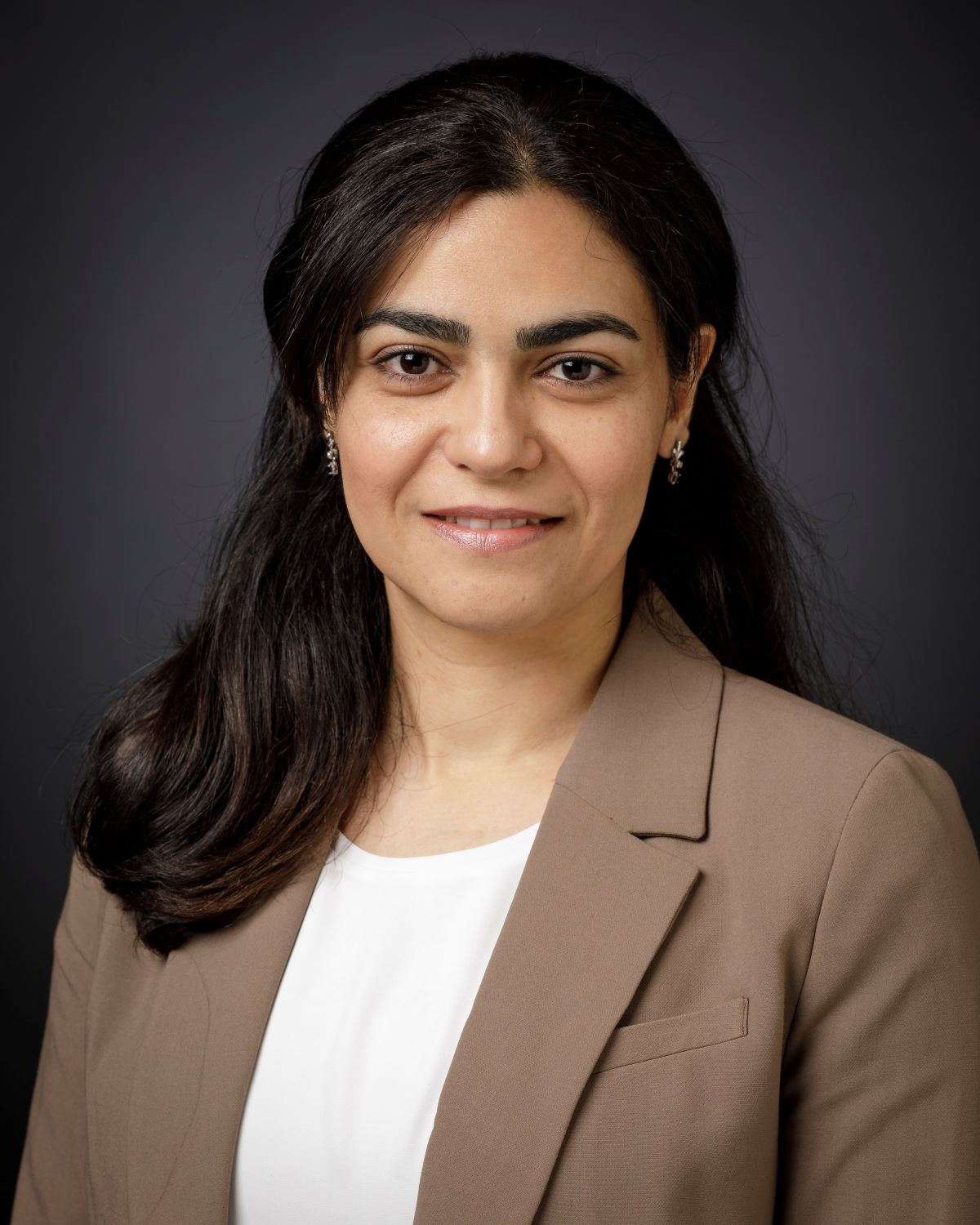Some say that sleep is the best medicine. Nasim Montazeri, an Assistant Professor of Electrical and Computer Engineering, has made it an integral part of her mission to study the correlation between sleep and how it can reveal specific chronic health disorders. Her cutting-edge research and expertise in the field are helping to change the face of medical care.
After completing her PhD in France — where she helped to design an alarm system for monitoring sleep apnea in preterm infants — and two much sought-after postdoctoral fellowships in Toronto at the Sunnybrook Research Institute and the University Health Network’s Toronto Rehabilitation Institute, Montazeri has established a considerable amount of experience in a variety of projects that center around sleep analysis.
“These were great opportunities for me to familiarize myself with the concept and the gaps in the healthcare system for analyzing sleep,” she says, “as well as the applications of sleep analysis and cardiovascular disorders. In my second fellowship, I focused on neurodegenerative disorders and how we can use sleep to analyze health, specifically heart, brain, and respiration health.”
With a background in biomedical engineering, and a focus on bioelectric and control engineering, Montazeri’s expertise is in signal processing, data science, artificial intelligence, and developing biomedical wearables.
"The overarching goal of my research is providing better access to medical services for people in need of health care,” she says. “For example, people with disabilities and chronic disorders, and specifically, for people in remote areas. This requires some foundation for developing new technologies, such as health monitoring systems paired powered by robust analytic techniques."
In early 2020 she began to translate her research analyzing the interrelationship between sleep and heart failure into a startup called BioSenseTex. The company works to create a wearable textile-based device that monitors patients with heart failure, and the device is projected to officially launch in 2025. Her recent research explains the interrelationship between sleep apnea, when breathing pauses during sleep due to blocked airway, and excessive fluid accumulation in the lungs and the thorax.
“Fluid accumulation in the thorax during sleep can be exacerbated if a patient has heart failure or asthma, so fluid accumulation became an interesting topic for us to conduct further analysis,” she says. “We thought we could measure the fluid accumulation in the lung, and this objective became the core idea for founding a startup company.”
“Sleep apnea is a lifelong condition that affects 10 per cent of the general population, but its prevalence extensively increases in people with chronic disease, specifically, people with heart failure, which ranges between 43-70 per cent.”
Relatively new to the Queen's community, Montazeri is enjoying her time not only at the university but also in Kingston, “a beautiful and calm city.” Her educational path has spanned three continents. From her research foundation in engineering in Iran to her application-based graduate studies in France to her further data-driven and ethical research techniques that she’s practiced in Canada, Montazeri is grateful for “the different research cultures" that helped shape her career trajectory.
She explains that the best parts of being a professor thus far are her "amazing colleagues" and her interaction with her students. She continues to be impressed with students’ enthusiasm and eagerness to want to participate in her research. "Their questions, their perspective of their research, it's all changed how I look at the content of my course and the research I'm doing."
When pursuing her personal goals, Montazeri stresses the importance of aspiring to do what she truly enjoys. She explains how it is essential for her to be clear about what she values and how she wants to spend her time. She always strives to improve as a mother, researcher, and professor. “I try to see how I can better impact my environment, my community, or provide better service,” she says. “We can all give back and positively influence our society.”
